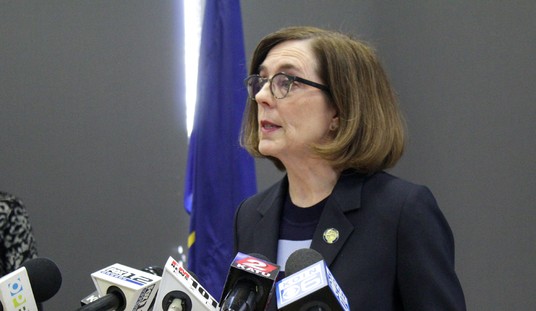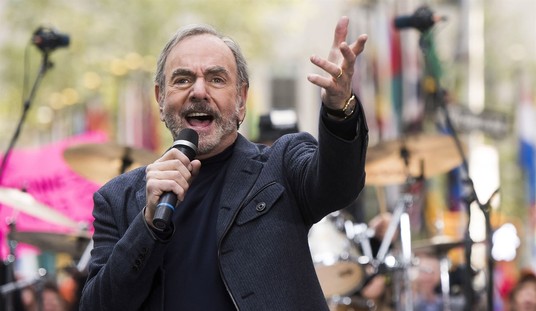In the end, the Egyptian military played a decisive role in ending the protests in Cairo and Alexandria while forcing the civilian autocracy to offer some reforms towards democratization. The end may have come in Yemen for its own civilian autocracy, and the military may have just delivered the message:
Three top generals in Yemen declared their support for anti-government protests Monday as a wave of officials, including the deputy speaker of parliament, announced their resignations.
One of the generals who broke ranks will order his troops to protect protesters demonstrating against the country’s longtime president, he told reporters in Yemen. Maj. Gen. Ali Mohsen Al-Ahmar’s announcement ramps up the pressure on President Ali Abdullah Saleh, who is seeing cracks in his support after 32 years in power.
At least 13 top officials announced their support for the “peaceful revolution” on Monday, the official said.
They included a provincial governor, the ambassadors to Japan, Syria and the Czech Republic, and top diplomats in the embassies in Washington and Moscow.
The most surprising of these might not be the generals, but the Yemeni ambassador to Syria. That nation has also been wracked by internal dissension as protesters have filled the streets for the last several days. A statement for revolution of any kind, peaceful or otherwise, won’t exactly be welcomed by the Bashar Assad regime or Syria’s security apparatus, which already has its hands full trying to suppress its own population.
In Yemen, Saleh dismissed his entire cabinet in an attempt to appease his nation, but it doesn’t appear to have worked. After massacring 40 people at a protest last week, Saleh’s security forces have alienated the military leaders of his country. The statement from the generals puts the Yemeni army in conflict with Saleh’s forces and sets up a potential war in the streets between them.
The military isn’t the only group Saleh has managed to lose over the last few days, either. After the massacre, the leader of Saleh’s political party has publicly withdrawn an offer to mediate between the opposition and the Saleh regime. Mohammed Abulahoum has now demanded a “good, safe exit strategy” from Saleh that will peacefully transfer power to the “next authority or President” for Yemen.
The stakes are pretty clear. Either Saleh can wage a civil war against the military with his own party abandoning him, or he can look for the next flight out of Sana’a. When he goes, the US will face a critical crisis in Yemen, where Saleh provided some support for attacking al-Qaeda’s active branch in that country. Whoever follows Saleh is not likely to be more amenable to cooperation with the US on that score.








Join the conversation as a VIP Member